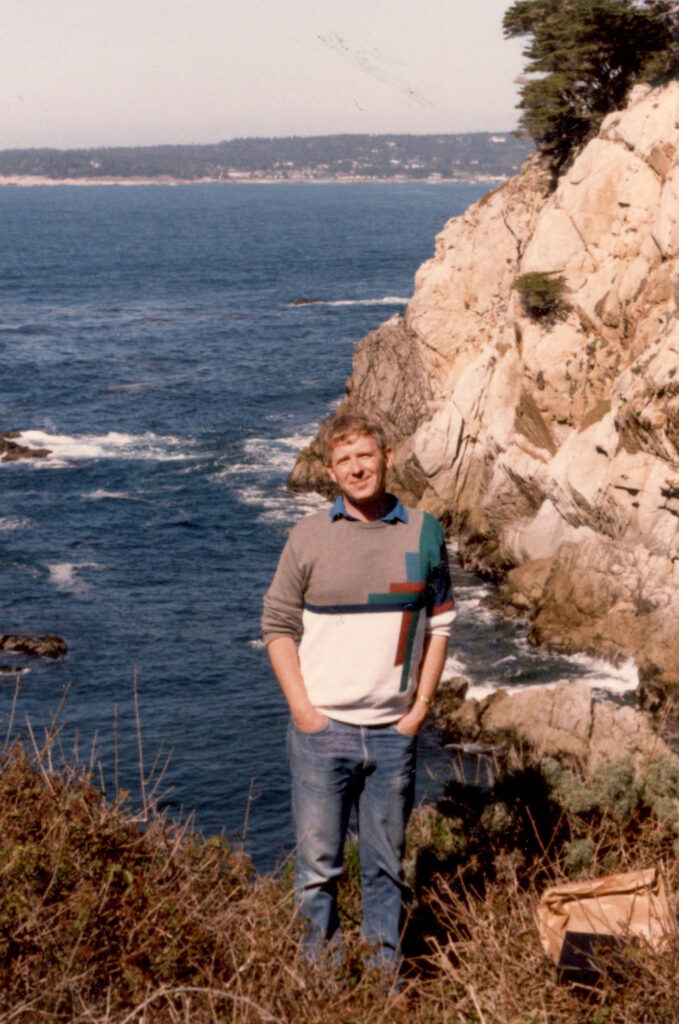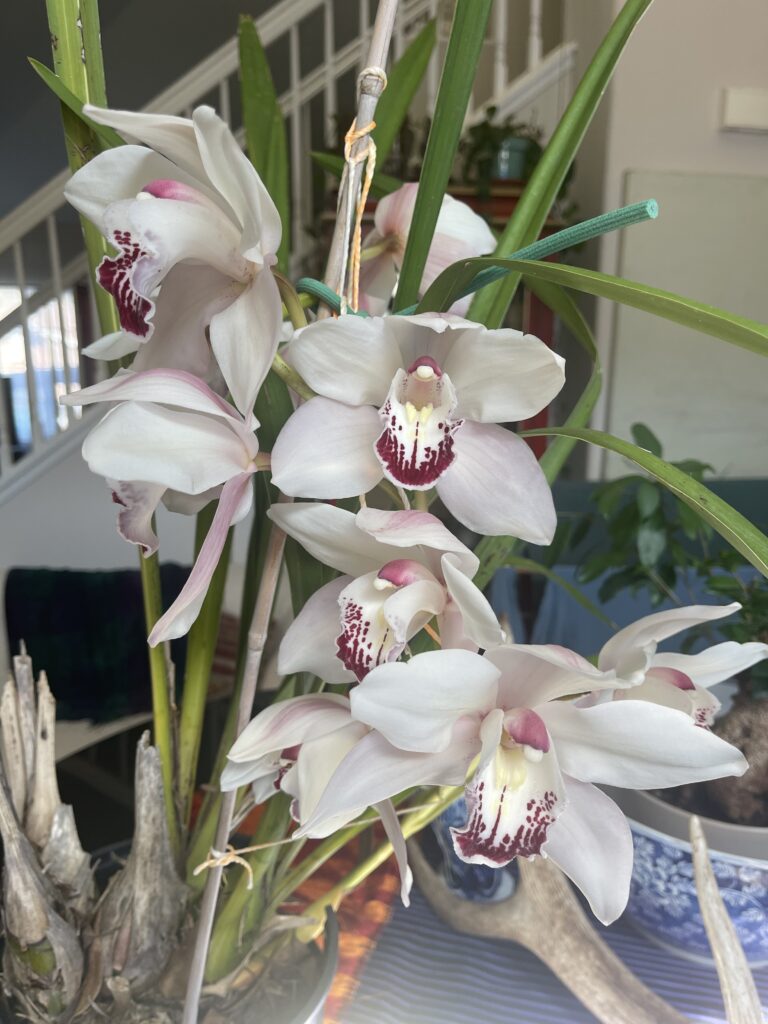Eager to get started on life, William Rhea Meredith iii (Will) was born five weeks prematurely in Anderson, South Carolina, on July 8, 1954, to Charlotte Ruth Meredith (a nurse) and William Rhea Meredith Jr. (an engineer and employee of AT&T). He grew up in Columbia, South Carolina; Westfield and Berkeley Heights, New Jersey; and Vestavia, Alabama, before attending Birmingham-Southern College, Birmingham, Alabama, for a Bachelors of Music Education with an emphasis in choral conducting (1972-76). He graduated magna cum laude in 1976. He began a masters of music history at the University of North Carolina, Chapel Hill, that fall. He bypassed the masters thesis and entered the Ph.D. program, completing a dissertation on The Sources for Beethoven’s Fortepiano Sonata in E Major, Opus 109, in 1985. Douglas Johnson (then at the University of Virginia) and James Haar (UNC-CH) served as his principal advisors. During his years in Chapel Hill, he was fortunate to study with Calvin Bowers, Bathia Churgin, Douglas Johnson, James Haar, William S. Newman, James Pruett, and Howard Smither. He owes a special debt of gratitude to department chair James Pruett, a mentor and advocate. One of the principal discoveries of his dissertation was that the first movement of the Fortepiano Sonata in E Major, Opus 109, was originally composed to be part of a fortepiano method book being organized by his acquaintance Friedrich Starke. Beethoven’s friend Franz Oliva suggested in a conversation book entry probably from April 24, 1820, that the composer use it for the opening of the first of three sonatas commissioned by A.M. Schlesinger. (An essay on this discovery was published in The Musical Times in December 1985.)
Graduating in August 1985, he officially began serving as the founding director of The Ira F. Brilliant Center for Beethoven Studies, San José State University that same month: Mr. Brilliant had actually put him to work as soon as he was hired in late spring of that year. At the Center he founded The Beethoven Newsletter/The Beethoven Journal (the longest continuously published periodical devoted to Beethoven); co-founded with Patricia Stroh The Beethoven Gateway; and served as series editor for North American Beethoven Studies, a series of scholarly publications published first by the University of Nebraska Press and later by Pendragon. He also served on the editorial board of the scholarly series Beethoven Forum, collections of articles published by the University of Nebraska Press.
His principal task as director was to grow the collections of the Center. Over his tenure, the collection of first editions grew from Ira Brilliant’s initial donation of 75 first editions to over 375. Thousands of editions from Beethoven’s lifetime and the later nineteenth century were added as well. The collection of books grew from 150 to over 5,000, and hundreds of engravings and artifacts of Beethoven’s world were added to the collection.
Especially important for visitors to the Center was the addition of the reproduction of the 1795 Dulcken fortepiano made by Paul Poletti and Janine Johnson (gift of Ira and Irma Brilliant in memory of their daughter Maxine), an original 1823 John Broadwood & Sons fortepiano (gift of members of the American Beethoven Society organized by Mona Onstead), and the stellar original ca. 1825 Mathias Jakesch fortepiano (gift of James F. Green and Ira and Irma Brilliant), as well as modern reproductions of a 18th-century style clavichord (Kurt Sperrhake, Passau, Germany; gift of Gene Wagner in memory of his sister) and harpsichord (Eriz Herz, Boston; gift of Thomas Wendel). Visitors to the Center are welcome to explore their Beethoven works on the instruments by pre-arrangement.
Besides serving as director of the Center, Meredith also taught one to two courses a semester in the School of Music and Dance for both undergraduate and masters students. Several of his students have gone on to obtain PhDs in music history and DMAs and teach around the world. Many of his students teach in public schools and community colleges, inspiring their students with their own deep love of music. His courses included the undergraduate history series, introduction to graduate studies, performance practices, women’s music, Beethoven, and other topics. He was also fortunate to teach as adjunct faculty at the University of California, Berkeley, for a few years.
In August 2016 he retired as director to continue his research projects as an independent scholar, first in Charlottesville, Virginia, and now in San Rafael, California. He is a founding member of the New Beethoven Research conferences held in association with the American Musicological Society; writes auction reports for the revived Beethoven Newsletter; publishes essays in journals and collections of essays; and continues to work on the Beethoven genome project. Meredith is a devoted amateur horticulturalist, especially interested in tuberous begonias, orchids, peonies, and daylilies. He was recently amused to find himself a fictional character named “Will Meridian” in one of the books of the ongoing murder mystery series of Professor Alessandra Comini, retired professor of art history at Southern Methodist University and author of an important monograph on Beethoven art and reception history. Meredith first met Comini at a Beethoven conference at which they were both speaking, along with their friend the important Beethoven scholar Owen Jander, and they have remained steadfast friends. Beethoven Boomerang, her Beethoven mystery in the series, was published by Sunstone Press in September 2020 and translated into German in 2021. Meredith has also been honored with having a magnificent cymbidium orchid named after him by Dr. Thomas Bailey, former longtime membership secretary of the American Beethoven Society.


